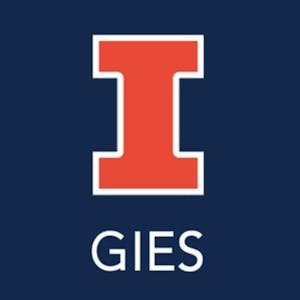Description
Organization is a fundamental theme for understanding the true functioning of any company or, more broadly, any institution, and it is part of every manager's basic know-how. Organizational design entails decisions about how work is divided and how coordination between the various activities and people who perform them autonomously is ensured. Furthermore, organisational design is willing to consider the interdependence of people's daily activities (i.e. processes): after all, processes are the true lever for achieving organisational efficiency and effectiveness. Finally, because organising and deciding are two central and complementary activities of the managerial function, organisation design should take into account how people and units make decisions.
To achieve these objectives, this course aims to explain the main concepts of organisation, with a strong practical orientation: illustrations of typical organisational problems will be used, as will real-world corporate examples. However, a solid theoretical foundation is also provided: the main theories underlying organisational design will be used to delve into the main areas of investigation.
The course focuses on three major topics:
- The analysis and design of an appropriate organisation, both at the micro (individual) and macro (group of multiple individuals);
- The examination of how to manage processes effectively in terms of activities, performance, and principles;
- The examination of how to make quick decisions in terms of process, constraints, models, and a game theory approach.
Syllabus :
1.Organizational design
- Introduction to the course
- Organization: basic concepts and perspectives
- Organization and environment
- Recap micro/macro
- Specialization
- Roles, jobs and positions
- Coordination mechanisms (micro)
- Mechanicistic and Organic model
- Hierarchy, span of control and line staff
- Grouping criteria: numeric, input, output
- Coordination mechanisms (macro)
- Introduction and simple structure
- Functional structure
- Divisional structure
- Hybrid structure
- Matrix structure
- Recap and comparison
2. Business Process
- Process management: key concepts and definitions
- Link between processes and organization
- Introduction to business process management
- Types of process
- Process performance - part 1
- Process performance - part 2
- Cultural principles for process management
- Organizational principles for process management
- Management principles for process management
- Introduction to BPR: definition and key concepts
3. Decision Making
- Introduction to decision making
- Decisions within organized contexts
- The decision making process
- Problem setting: objectives and constraints
- Problem setting: model development
- Conflicts
- Decision making approaches
- Decisions under uncertain environments: risk
- Decisions under uncertain environments: uncertainty
- The role of game theory: the payoff matrix
- The role of game theory: the basic concepts
- Iconic games: prisoner dilemma
- Iconic games: the value of time
- Icon games: multi-objective situations







